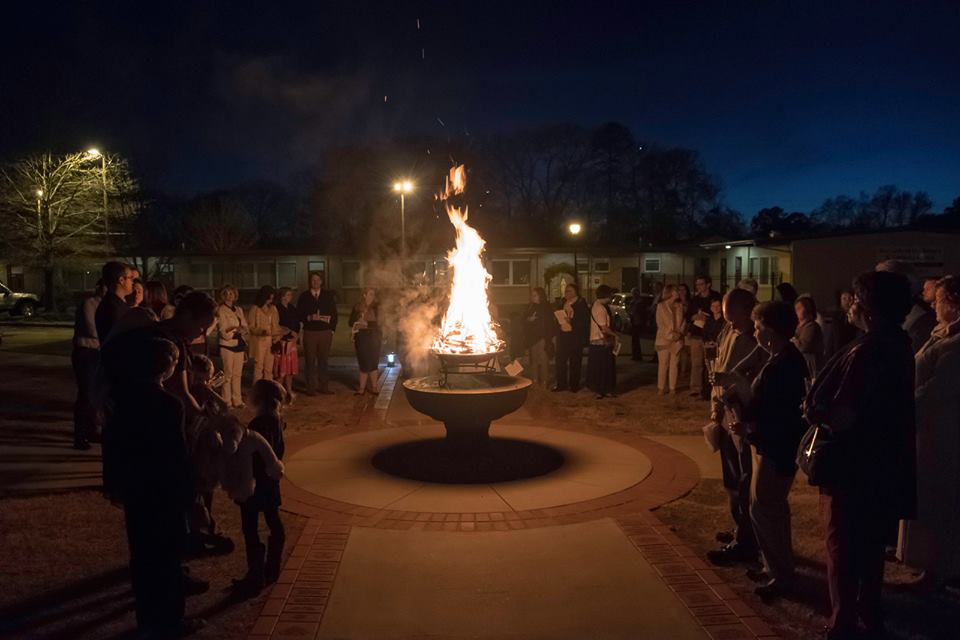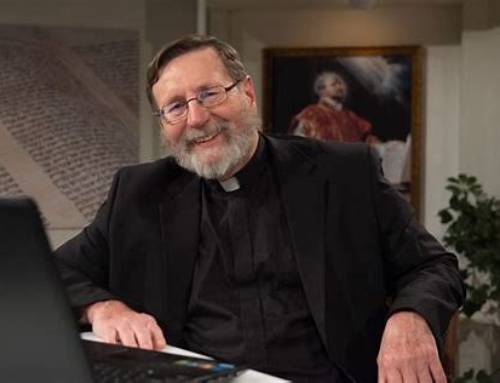There is much talk about Pope Francis being the reforming pope. I wish him well with that. Reform is certainly needed, but reform is difficult. He’s got a big job cut out for him.
I believe he not only wants reform, but renewal.
It may be a false distinction, but I’ve always seen a difference between renewal and reform. Reform has to do with the form of a thing. It has to do with the outward structures and infrastructures. It has to do with the rules, the regulations and the running costs. Reform is hard work because you have to change the physical form of a thing and the way it runs.
One of the main problems with Reform on its own is that, almost invariably, reform movements are iconoclastic. In other words they are not only reformations, they are revolutions. Reformers always feel obliged, eventually, to break what exists in order to create something new or re-make what went wrong. Breaking what exists is always a violent and revolutionary action. It not only always ends in tears, it also never really succeeds. All it does is create a new situation and a new institution with the same old problems surfacing in different ways.
This is because Reform movements and revolutions always deal with the outer problem rather than the inner problem. They treat symptoms. They do not effect cures.
So, for instance, in our present situation in the Vatican, it may well be that the pope needs to reform the financial institution. He may need to re-form the curia. He may need to re-form the hierarchy. He may need to re-form lots of things, but if the reform only focuses on the physical manifestations it will only ever be a human enterprise and probably an ideological enterprise.
Renewal, on the other hand, is something radically different. Renewal begins at the local level. Renewal begins in the heart. Renewal is a supernatural grace of conversion not a human effort of revolution. Renewal is a refreshment and an organic growth. It is not a system or a solution imposed from above. Renewal has a genuine genius and a creative spark of its own rather than being in bondage to an ideology.
When renewal is going on, reform takes care of itself.
Here is an example. Let’s say a parish is in financial difficulties. The pastor calls in a fund raising firm and they implement an professionally run stewardship campaign. OK. That might have some success, but the success will be moderate. However, if true renewal is happening, the people become charged up with their faith. The are inspired and en-fired and they don’t just give money because some professional and the pastor told them to. They see what needs to be done to proclaim the gospel and build the church in the world and they dig deep and give generously because they believe deeply in what the Spirit is doing in their midst.
Renewal changes the church and changes us from within, and when that happens everything else changes.
Reform simply tinkers with the superficial things and guess what? Things don’t really change. Without renewal the same corrupt and immoral practices continue. Reformation on its own only ends up moving the trash. It doesn’t burn the trash.
However, when renewal takes place, the reform movement can complement what is going on in the power of the Holy Spirit.
That fire is the fire of the resurrection, the fire of Pentecost, the fire that burns and purifies, the fire that inspires and generates not only an energizing heat but an illuminating light.







Leave A Comment
You must be logged in to post a comment.